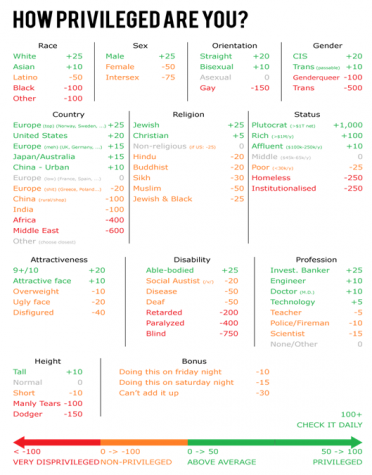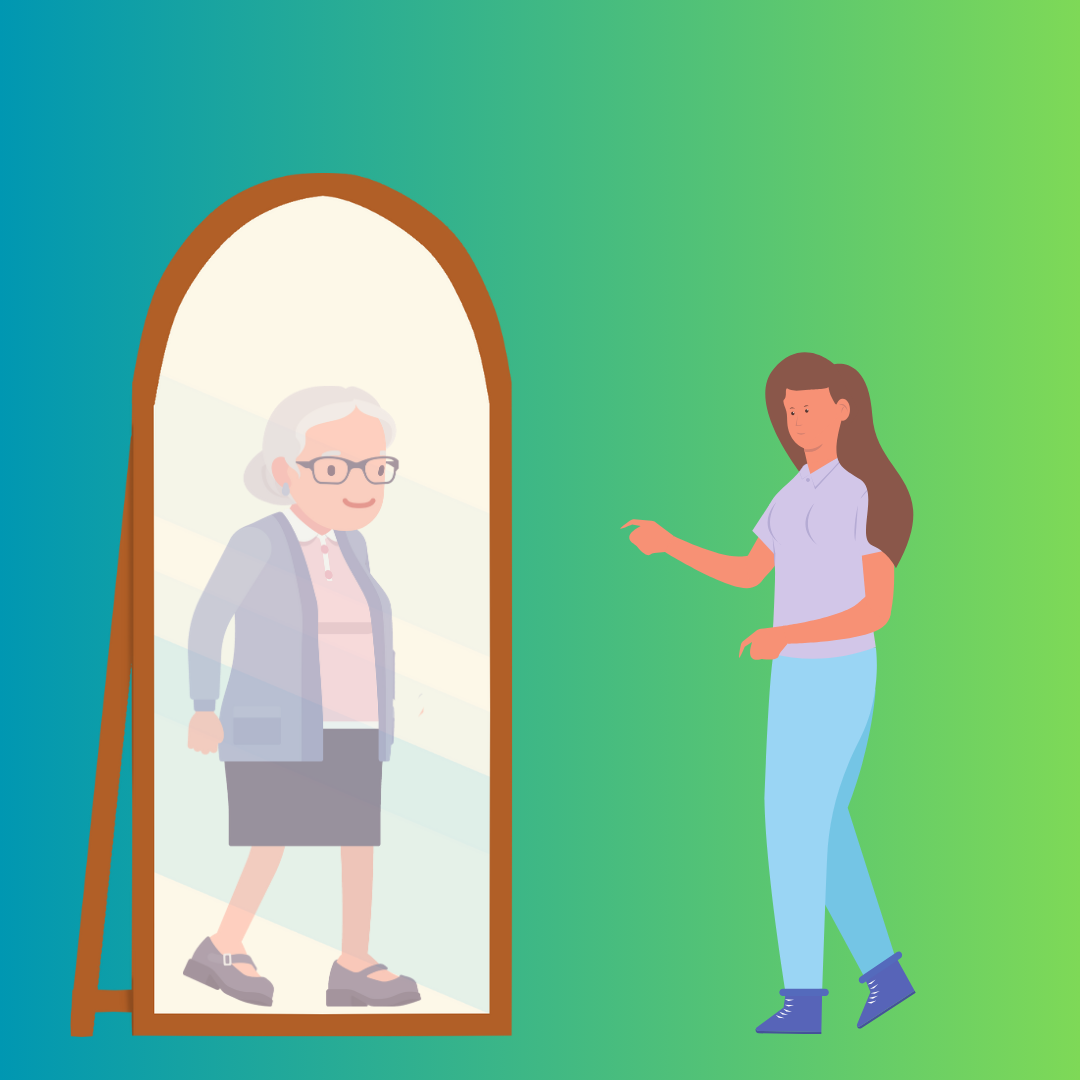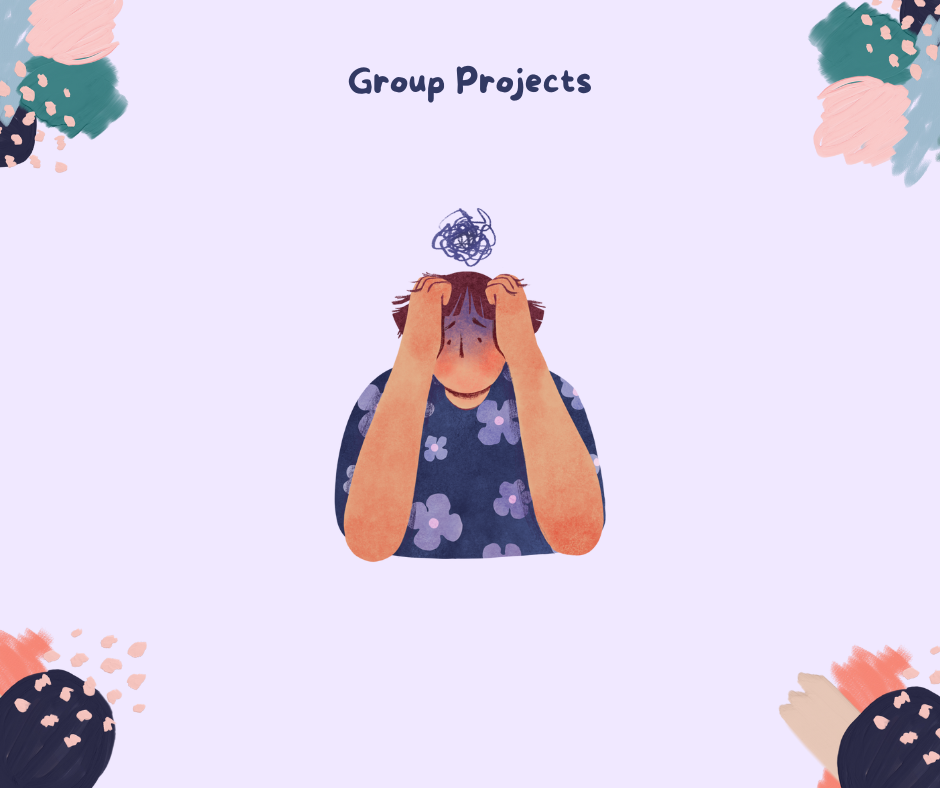Hundreds of colleges across country, including Purdue University and San Diego State University, have administered tests designed to help students “check their privilege.” The concept is almost like that of a game — you begin at zero, then add or deduct points from each category (gender, race, sexual orientation, etc.) based on your privilege, or lack thereof. Once completed, your score is used to determine “how privileged you are.”

The test is presented largely without context, failing to discuss the role of intersectionality, or even how things that limit privilege for some people may actually expand privilege for others. Perhaps the greatest issue is the implication that people’s success comes from their privilege alone, not the hard work and determination they may have put in along the way. How privileged is a doctor (+10 points) who grew up in poverty, got into medical school by studying hard through college, and owes hundreds of thousands of dollars in student loans? We can’t fix where we start in life, but this myth of “privilege” suggests we cannot overcome it.
Another issue lies within the point values. Not only are some severely disproportional (+25 points for being able bodied, -400 points for being paralyzed), but entirely inaccurate. This particular test grants Christians +5 points, but Jews, against whom the majority of religiously-motivated hate crimes are committed, +25 points.
This “one nation, under God, indivisible,” is becoming more and more divided each day. Privilege tests only further the portrayal of minority groups in America as victims, rather than helping contribute to their advancement in society. Self-reliance, not victim hood, is the best way out of poverty. The greatest privilege one can be given is a strong set of values, not a skin color.
Even at Pleasant Valley High School, students in AP Language and Composition participated in a similar activity in class called a “privilege walk,” where people of similar socioeconomic backgrounds and income levels were shown to have extreme distinctions in privilege, simply because some were white males, while others were females of color.
Having students “check their privilege” is a shortcut to dismissing opposing viewpoints. One’s opinion is not any less valuable because they have not experienced what someone else has. Privilege tests, and denouncing one’s argument solely because of his or her “privilege,” ends conversation. We should be starting it. Discourse is the key to understanding viewpoints besides our own, not the simple acknowledgement and exaggeration of our disparities.











Ellie Zupancic • Oct 5, 2017 at 9:45 am
I think it is true that we cannot attempt to measure one’s privilege based on some abstract point system; it simply ignores the fact that we cannot accurately “quantify” advantages and disadvantages. However, I believe a large issue in common American culture is quite the opposite of what Miss Davison suggests. The idea that hard work and determination alone can determine one’s life outcome is the basis of the American dream, and one that is largely accepted. This belief in meritocracy, however, undermines the effects that factors other than pure qualifications have in deciding one’s failures and successes—to disregard this is to disregard an entire history of America that worked very carefully to install social hierarchies. We also must not only recognize the fact that these identity categories exist but that there are very specific values attached to them that continually create these hierarchies. As much as we want to believe the ladder of success is one of complete and utter equal opportunity, we cannot attempt to reach such a state without acknowledging the truth (or at least the truths of those different from ourselves).
Evan Decker • Oct 4, 2017 at 3:41 pm
Great article Abby!